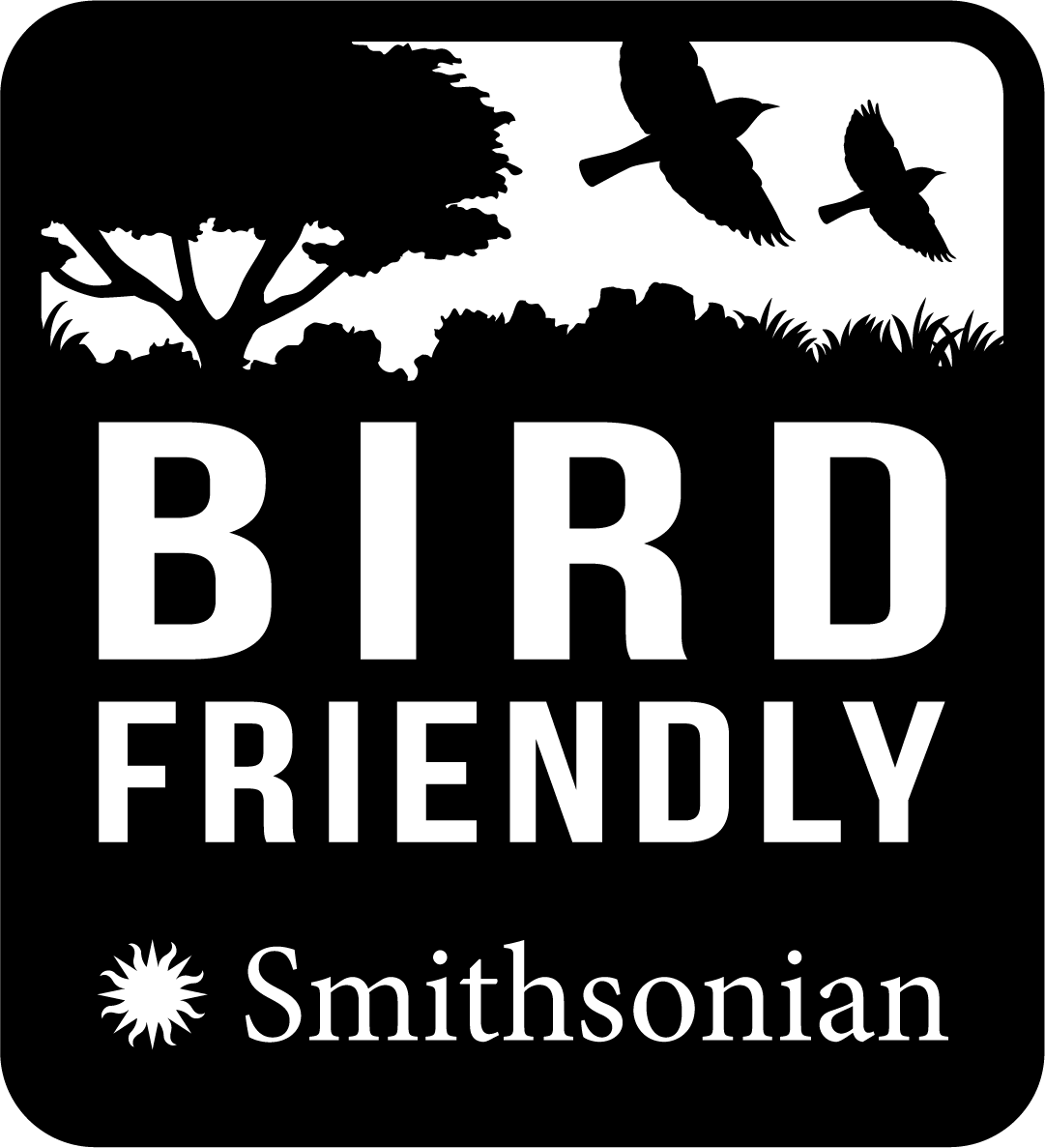environmental sustainability & the coffee industry
The world celebrated the 50th anniversary of Earth Day this year, so I thought this a good time to take a look at several of the ways the coffee industry is helping to care for the earth. This site is all about sustainability in the coffee industry, so in a way we've been covering this from the start. But I thought it would be interesting to dive a little deeper into some of the Earth-friendly practices happening around the industry.
Cultivation & Conservation Coexisting
Aquiares Estate in Costa Rica is a great model for sustainable practices on a large scale. They are an international leader in environmental sustainability. As one of the oldest and largest estates in Costa Rica, this is a great example of how this can work on a larger scale. They are leaders in introducing many of these practices, and were the first estate in the country to achieve carbon neutral status. Practices are in place to protect the flora and fauna of the area and to have as little human impact as possible.
Bird friendly coffee
Smithsonian Bird Friendly is a certification developed by the Smithsonian Migratory Bird Center. It is the strictest certification in the industry, having the highest standards for conservation that any others. Please check out this video from the Smithsonian for a nice overview of Bird Friendly Coffee.
I counted less than forty roasters on the Smithsonian's Bird Friendly Coffee website which carry this certification.
One of these roasters which I am familiar with is Wood Warbler Coffee out of Noblesville, Indiana. They feature Bird Friendly, Rainforest Alliance, and Fair Trade certifications. A portion of their sales proceeds go to their Conservation Partners and to the Indiana Non-game Wildlife Fund.
Click here for more information on their certifications, and be sure to visit their online store to try some great coffee which supports conservation of natural habitats for migratory birds and other wildlife.
One of the more well known certifications in the coffee industry is from the Rainforest Alliance. To get this certification a farm must have conservation practices in place to protect the forests, rivers, soils, and wildlife. Workers must be treated well, paid fairly, and properly equipped. Employees must also have access to education and medical care. These standards are verified annually by experienced inspectors. Aquiares Estate has been certified since 2003, and has scored very high every year since.
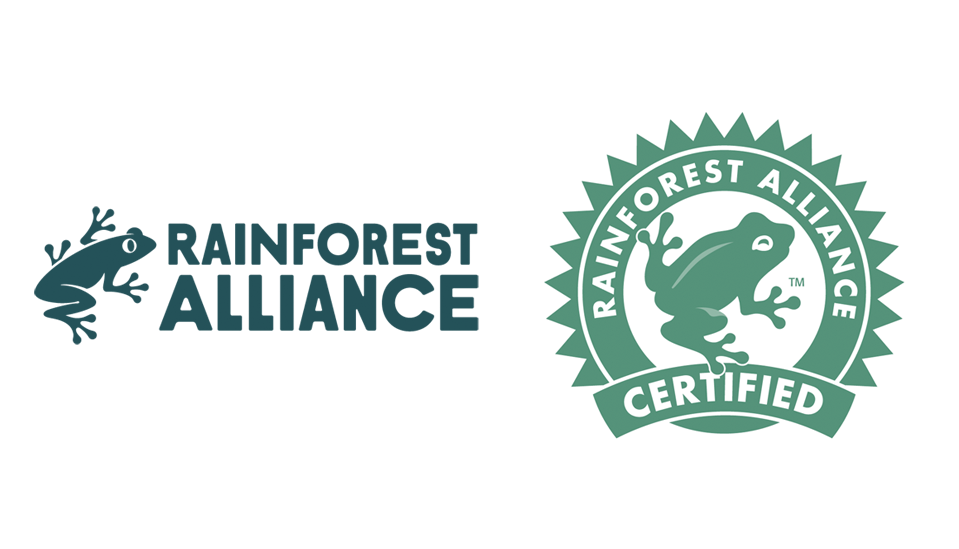 Image Courtesy Rainforest Alliance
Image Courtesy Rainforest AllianceSoil & Water Management in coffee production is another area which is extremely important. Quite a lot of good research has been done in this area in an effort to help farmers protect the health of the soil.
I found this article from PerfectDailyGrind.com to be a very comprehensive introduction to the many techniques for water and soil management.
This article covers how organic coffee production in general can have less of a carbon footprint. It focuses on a coffee cooperative in Latin America with over 800 members, who are doing some really great work. They believe carbon-neutral is the way forward.
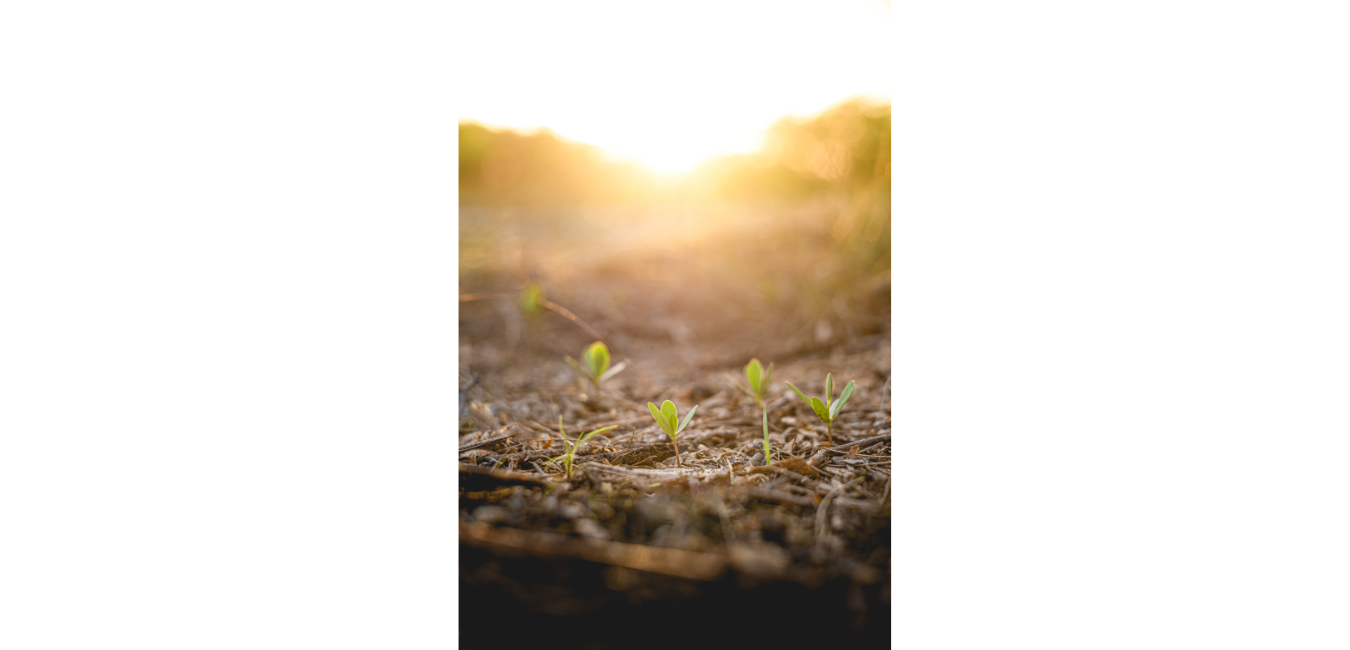
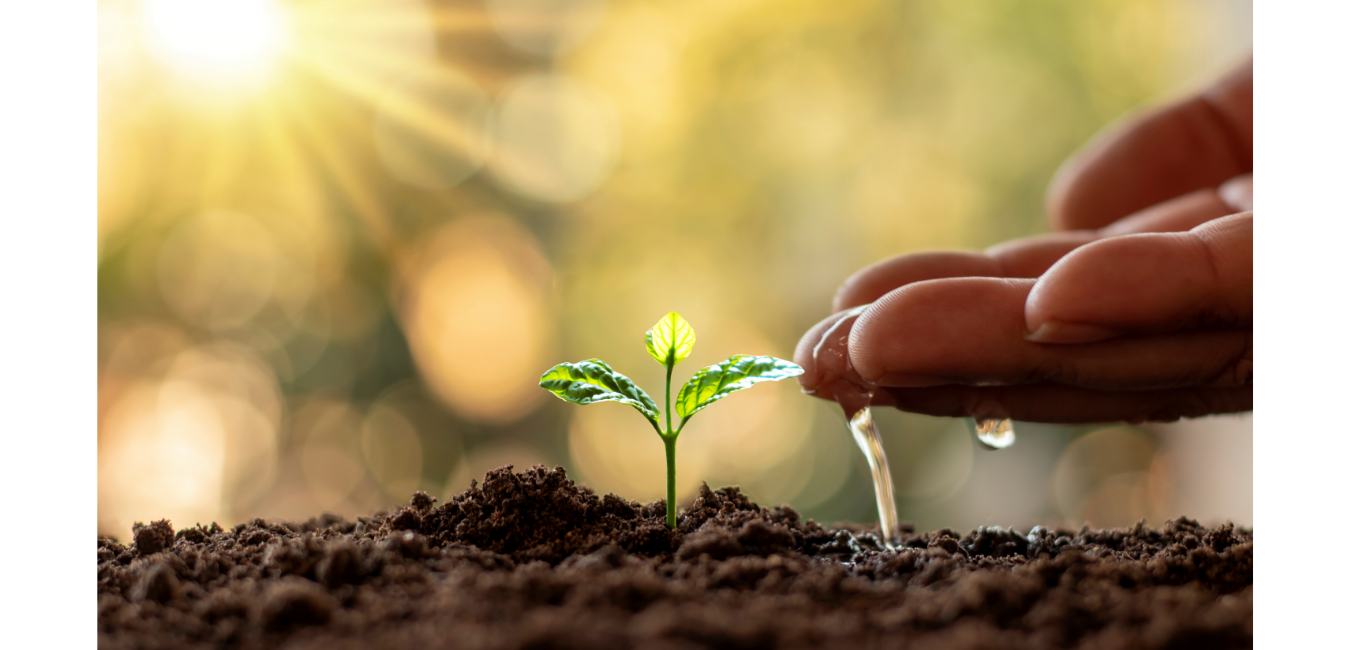
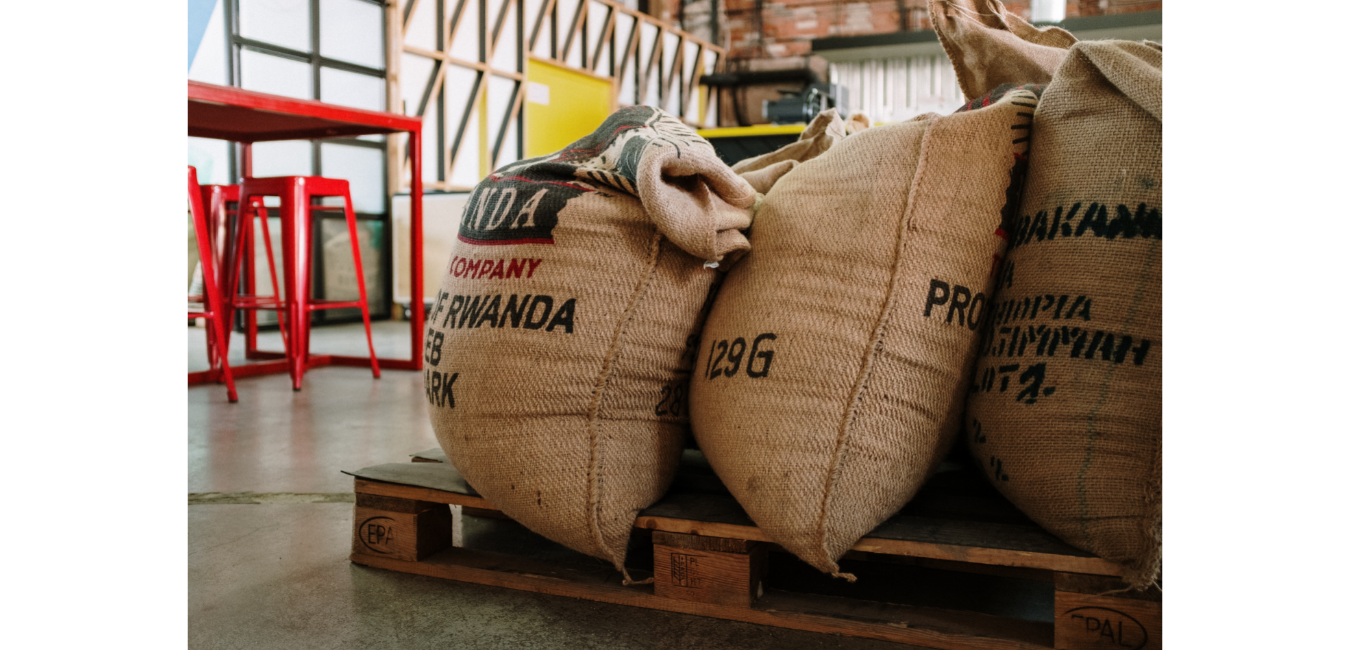
B-corporations
Many coffee companies have chosen to work towards becoming certified B-Corporations. This designation means that a company "meets the highest verified standards of social and environmental performance, transparency, and accountability."
In other words, they are committed to sustainable, ethical practices across all business operations.
A great recent example is Counter Culture Coffee in North Carolina. I've written about them before on this website, as I'm a big fan of their coffee. Just this past December (2020) they became a Certified B Corporation.
A post on their blog says that it involved an "extensive application process that began in mid 2018."
In addition Counter Culture has been providing sustainability reports for many years. These reports detail their buying practices throughout the supply chain so everything is transparent and publicly available.
Larry's Coffee (also in N.C. coincidentally) is another B-Certified company with a really interesting and extensive commitment to sustainability across their business. Check out this page for just a sample of the kind of things they're doing. They've even optimized their buildings to be as green as possible.

sustainability reports
Many companies in the industry issue annual sustainability reports.
These reports detail their ongoing efforts at developing and implementing sustainable, ethical practices across all business operations.
They are quite detailed as they dive into what their policies and practices look like at the micro level, as well as broader industry impact.
One of the best examples I've seen recently is the aforementioned Counter Culture Coffee report: Counter Culture Coffee's 2020 Sustainability Report, which you can view here.
Another great example is the Social Impact report produced by Heine Brothers Coffee in Louisville, Kentucky. They've detailed their activities over the last several years working with Coop Coffees and in their local community.

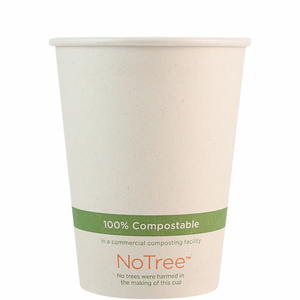
Try Our Organic Bali Blue Moon Roast, Coupled With Rich Dark Chocolate Notes & A Spiced Finish

